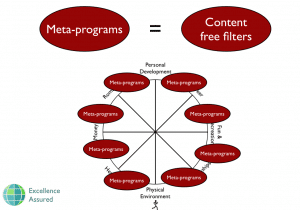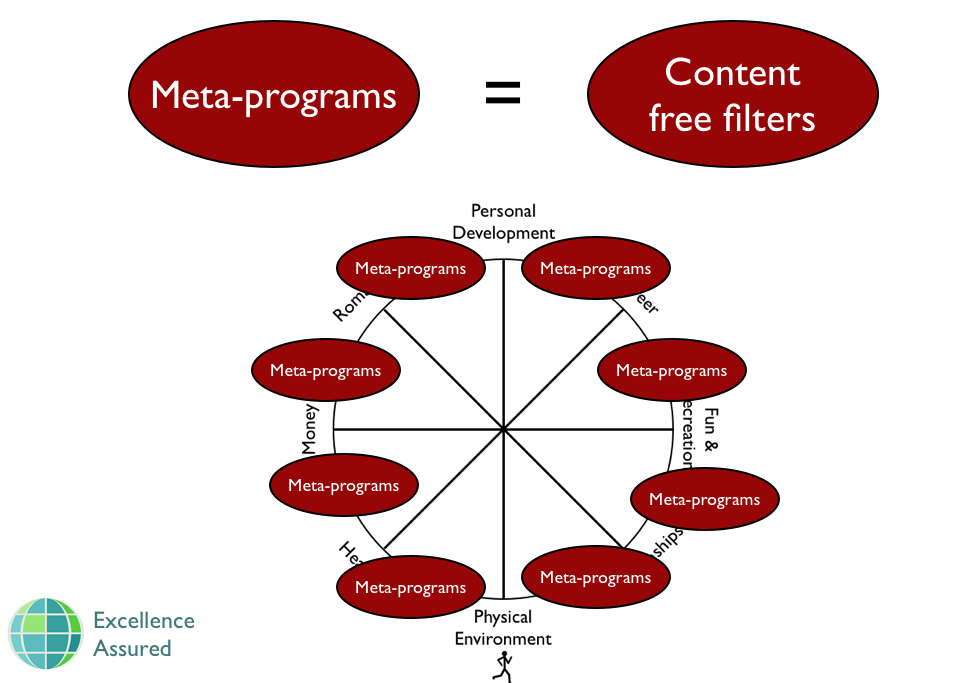We can all agree, can’t we, that we have certain behaviours that are unconscious? You didn’t have to think about breathing when you were asleep last night did you? You didn’t have to think about how to brush your teeth this morning, or tie your shoelaces, you just did it without thinking, didn’t you?
Many of the behaviours that we take for granted in life are unconscious, they are unconscious because we have completed them successfully so many times that we do not need to think about them any more. This is probably a good thing because it allows us to get more done. We can think about something else whilst we carry out our unconscious actions.
Unconscious processes take place all the time and affect all areas of our lives. When you make decisions are you more likely to make them based on logic and facts, what seems the most logical decision, or do you go on how you feel about that thing, what feels right? Decisions shape our actions and shape our destiny, what you decide to do today could change your life. So, unconscious processes have a massive impact on our lives and our destiny.
We can be agreed then that it might be useful to have some knowledge of what unconscious programmes we are running internally, to make sure that we are shaping our destiny the way that we want it.

What is more, if we can discover our own profiles, our own programmes, then we can discover other peoples as well, and this can be useful for predicting their behaviour and for motivating them. Would that be something that would be of use to you?
Karl Jung identified that as human beings we have these unconscious processes and he was able to identify four typologies, four categories of psychological profile. These categories have been adapted into the Myers Briggs personality profiling system and also into NLP Meta-programs.
The Myers Briggs system involves quite complex testing and so it is great for use with yourself and useful for use with teams in a business environment where you can get them to sit down and take the 64 question test.
The basic NLP meta-programs are a much simpler interpretation of Jung’s four typologies and we can use them instead of involved and complex testing to make informal decisions at a frequently changing level about how to motivate individuals as they change over time. They are the basis of our seeking of information, of our processing of information and they are the basis of how we assist others to be motivated to perform, to excel. So, they are a very important category of information in terms of how we can utilise our skills in working with other people.
Jung defined four different categories of phsychological profile. A focus on our internal processes, our cognitive, our thinking. A focus on our internal state, of the way that we either make decisions based on our feelings, our emotions, or our dissociated, out-there, abstract way of viewing the world. He also described it in terms of external behaviour – whether people are very extrovert. We all know people who are very extrovert, and people who like to work alone, people who like to think alone or someone who is very very extravert who need people around them who stimulate them. He also described a fourth, which is our adaptation behaviour. Do we make the world adapt to us, or do we adapt to the world? Does the world have to change according to our thinking, do we make the world change to suit ours, or do we run around making sure that everyone is happy, changing our behaviour to make sure that other people are content?
You can probably notice already that you are drawn to one description over another. Are you more extrovert, or are you more introverted? NLP believes in peoples ability to change, and therefore NLP Meta-programs are used to predict someones current behaviour. It is about what they are doing now in their head. They may well still be doing the same thing in a years time but don’t bet on it.
Think of these four typologies as continuums. For example, thinking about Jung’s external behaviour typology, on one extreme you have someone who is extremely extrovert and gets their energy from being around people all the time, and will definitely work better in a team environment, and on the other side you have an extreme introvert who works better alone and gets their energy from being quietly alone. The chances are that you are somewhere in between the extremes, and you will prefer one behaviour over another.
Can you see how this might be useful in business? If you are recruiting for a post where most of the work involves working alone, like as an accountant say, would you think that it would be a good idea to hire an extrovert? If you are managing an introvert and you are constantly involving yourself in their work, do you think that they will appreciate your input?
NLP Meta-programs then provide us with short questions that we can ask someone to establish their likely preference in terms of their thinking and behaviour.
Learn all about NLP Meta-programs, the questions to ask, how to use them in Excellence Assured’s NLP Training series. NLP Training Online is available now at our e-learning portal.

